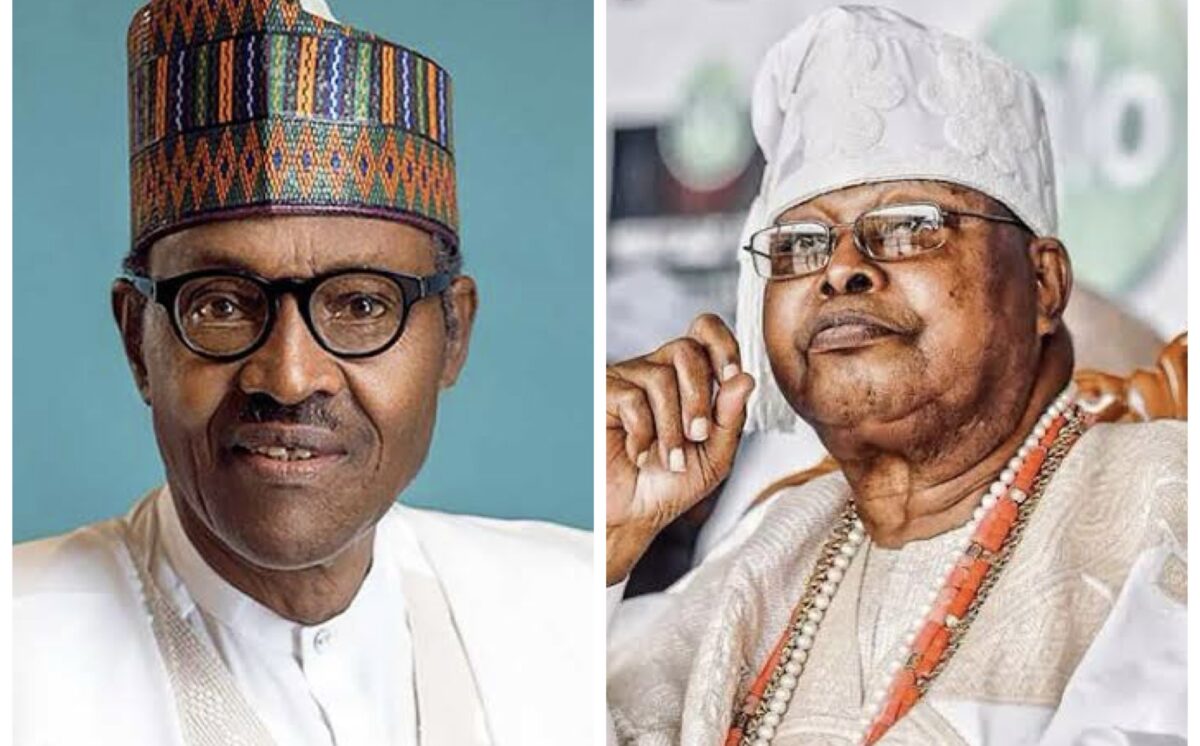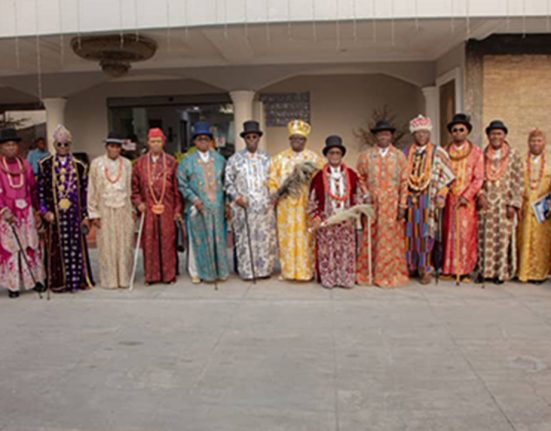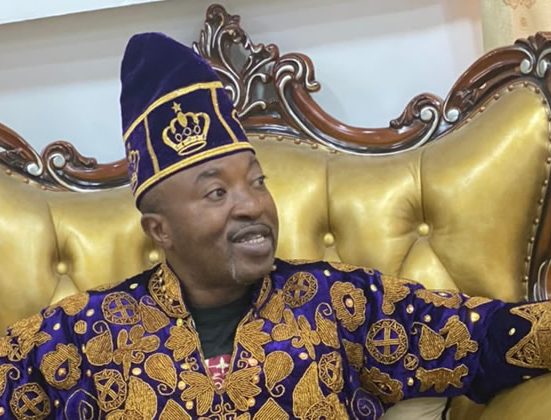In Nigeria’s political history, very few traditional rulers have faced the kind of test that came upon Oba Sikiru Kayode Adetona in the early 1980s. As the Awujale of Ijebuland, his position seemed secure, until a political fallout with the Ogun State Government led to a dramatic and highly controversial attempt to remove him from the throne.
At the centre of this conflict was a disagreement between two respected Ijebu sons: Oba Adetona and Governor Victor “Bisi” Onabanjo. Though they once shared a warm relationship with the king even supporting the governor in his earlier years tensions escalated over a simple letter. In 1981, Oba Adetona informed the governor of his planned medical trip abroad. It was meant to be a courtesy update, not a request for permission. But the governor replied, demanding more details and seemingly implying that the monarch needed official approval to travel.
Oba Adetona firmly pushed back. He reminded the governor that traditional rulers are not under the direct control of the executive branch in matters like travel. He proceeded with the trip, leaving no room for further back-and-forth. That decision didn’t sit well with Governor Onabanjo. What followed was unprecedented.
Later that same year, the Ogun State Government suspended the Awujale and set up a Commission of Inquiry to investigate his conduct. Headed by Justice Sogbetun, the commission eventually submitted a report that recommended his removal. By early 1982, Oba Adetona was officially deposed by the Ogun State Executive Council, a move that shook the traditional institution across the country.
The monarch, however, did not take it lying down. He took legal action to challenge the process and findings of the commission. His legal team, led by the legendary Chief F.R.A. Williams and supported by Chief Sina Odedina, argued that the suspension and removal were unconstitutional. The matter was still in court when Governor Onabanjo was re-elected in October 1983, suggesting that the Awujale’s dethronement might be permanent.
But events at the national level would soon change the entire picture. On December 31, 1983, a military coup ousted President Shehu Shagari and dissolved all civilian governments. Major-General Muhammadu Buhari took over as Head of State. In Ogun State, Brigadier Oladipo Diya, himself an Ijebu man was appointed as military governor. This shift in power created a new atmosphere.
In 1984, the case finally reached judgment. Justice Kolawole of the Ogun State High Court ruled in favour of Oba Adetona, declaring that the Sogbetun Commission was not legally constituted and that the king’s deposition was invalid. The court ordered his immediate reinstatement as the Awujale of Ijebuland.
The military government did not contest the judgment. Without delay, Oba Adetona was restored to his throne, not as a man who had been disgraced, but as one who had been vindicated by the law and by fate.
From that moment onward, his reign entered a new phase. Oba Sikiru Kayode Adetona continued to lead his people with strength and wisdom, becoming a symbol of resilience and dignity in the face of injustice. For the next 41 years, until his passing on July 13, 2025, he remained one of the most respected traditional rulers in Nigeria and not just because of how long he ruled, but because of what he stood for: lawful resistance, courage, and grace under pressure.







